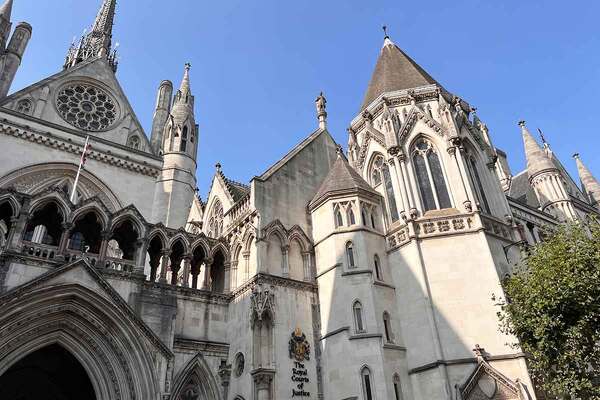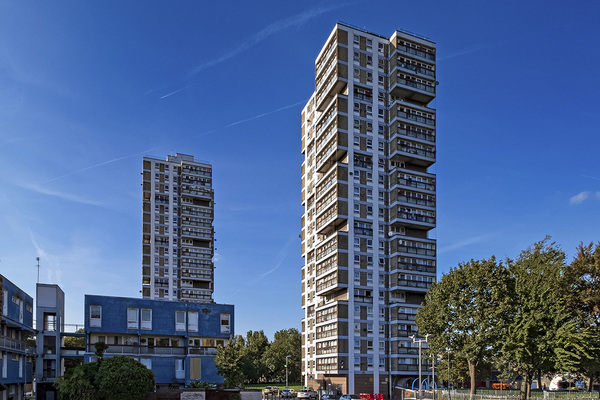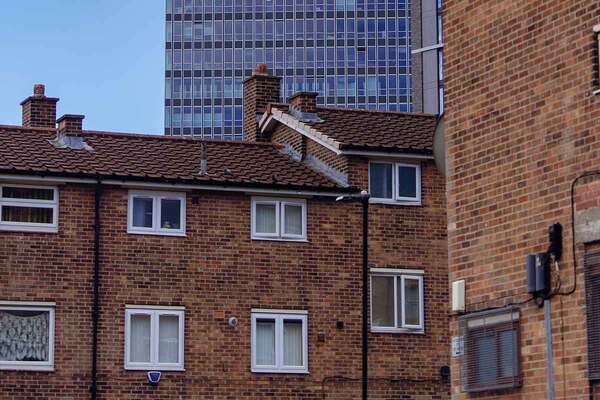You are viewing 1 of your 1 free articles

Natalie Williams is head of policy and public affairs (child rights) at Just for Kids Law
Care leavers need more protection from becoming homeless, and this is what needs to change
Care leavers are at greater risk of becoming homeless. Natalie Williams sets out how policy in England needs to change to prevent this, at national and local authority level
It’s well known that care leavers are more likely to become homeless – latest data from the Department for Levelling Up, Housing and Communities (DLUHC) shows that 26% of the homeless population in England had spent time in care.
Sadly, rough sleeping and homelessness among care leavers has got worse since the pandemic. Homeless Link’s survey in 2021 found the highest increase in care leavers sleeping rough compared to other cohorts (53%).
“To prove their vulnerability [to access homelessness support], older care leavers can often be forced to pay their GP for a letter laying out their health issues, take part in invasive psychiatric assessments, or recount their past traumas multiple times to statutory services”
Just for Kids Law have recently published a report, Hitting brick walls: barriers faced by care leavers, jointly with New Horizon Youth Centre and Youth Legal, setting out some of the most common barriers faced by care leavers and what national and local policymakers can do to better protect them. As one of our clients told us: “If I’m making an effort to help myself, it is very frustrating to keep hitting brick walls.”
So what needs to change at a national level?
We were pleased to see the Independent Care Review final report, published last month, recognise that homelessness is a key issue facing care leavers and recommend that the government should aim to reduce care leaver homelessness now, before ending it entirely.
There are two key areas where the government could make significant changes to help care leavers start their adult lives on the right track.
Extending priority need up to 25 for homeless care leavers
In England, care leavers aged 18-20 automatically have ‘priority need’ (an assessment of vulnerability) until they turn 21, when they have to prove their vulnerability.
Although the vast majority of homeless care leavers aged 21 and over will meet the vulnerability threshold, local authorities often ask for specific expert evidence of this vulnerability. This can be especially hard for a care leaver to gather without help from a housing professional or lawyer, while also likely negotiating with friends to sleep on their sofas or sleeping on the streets.
To prove their vulnerability, older care leavers can often be forced to pay their GP for a letter laying out their health issues, take part in invasive psychiatric assessments, or recount their past traumas multiple times to statutory services.
“Extending priority need to homeless care leavers over 21 would remove this unnecessary barrier and prevent them from ending up homeless and without the entitlements and longer-term, stable accommodation they would be owed under homeless legislation”
Given the extension of other corporate parenting duties in the Children and Social Work Act 2017 for care leavers up to age 25, it is difficult to understand the need for a cut-off age of 21.
Priority need has been abolished in Scotland since 2012 and the Welsh government is now also considering reforming it. In England, priority need has recently been extended to survivors of domestic abuse to remove the burden on victims of having to prove they meet the vulnerability threshold.
Extending priority need to homeless care leavers over 21 would remove this unnecessary barrier and prevent them from ending up homeless and without the entitlements and longer-term, stable accommodation they would be owed under homeless legislation.
We were disappointed that the Independent Care Review did not include this recommendation in its report despite evidence set out in our submissions.
Abolish intentionality for homeless care leavers
Care leavers can also be found to be ‘intentionally homeless’ if they have left accommodation that the local authority deemed suitable, even if they felt unsafe in the accommodation or fell behind on their rent and got evicted.
Without support networks, rent arrears can often build up. Someone deemed intentionally homeless will not be supported into long-term accommodation.
“Removing the possibility for care leavers to be made intentionally homeless will ensure they get the protections and entitlements that should be afforded to them as care leavers who are homeless – and, crucially, the longer-term accommodation that will enable them to have a secure future”
Although guidance states that housing services should avoid intentionality decisions for care leavers aged 18-25, there is no clear duty on local authorities to do this and we see intentionality used as a way of gatekeeping care leavers.
In 2019, the Welsh government ended intentional homelessness for young people under 21 and for care leavers aged 21 to 24. We are pleased that this recommendation was included in the Care Review’s report, which we agree is “ethically and practically right.”
Removing the possibility for care leavers to be made intentionally homeless will ensure they get the protections and entitlements that should be afforded to them as care leavers who are homeless – and, crucially, the longer-term accommodation that will enable them to have a secure future.
What can local authorities be doing?
Some local authorities are already making their own policies in this area: Barnsley Council and Greater Manchester Combined Authority have decided not to apply the intentionality criteria to their care leavers. Oldham Council has a pledge that care leavers up to the age of 25 will be considered automatically in priority need and not intentionally homeless.
These are all very welcome developments, and we will be encouraging others to do the same.
We will also continue working with the Department for Education and DLUHC to ensure that these recommendations are taken forward so the Care Review’s pledge to end homelessness for care leavers entirely can become a reality.
Natalie Williams, head of policy and public affairs (child rights), Just for Kids Law











